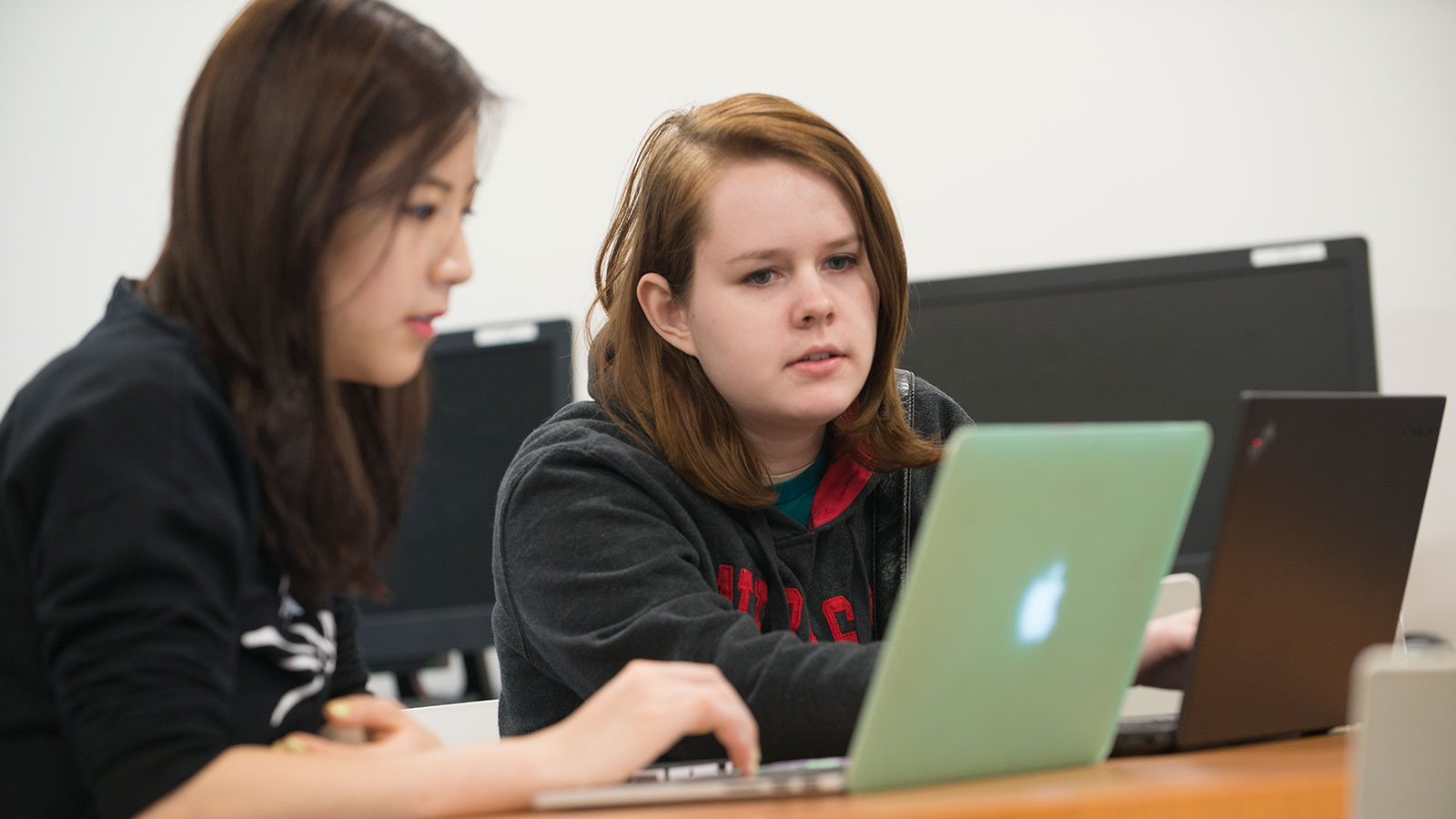
Faculty in discipline-based education research (DBER) in engineering seek undergraduate researchers to join a 10-week program (June 1–August 6) that introduces students to research in engineering education and builds research skills appropriate for any engineering field. DBER in engineering encompasses the study of the teaching and learning of our youngest engineering hopefuls to the practices and wisdom of our retiring engineers and all students and practitioners in between. The body of research that is generated provides the evidence for local, national, and global change in how we educate students.
For more information on DBER visit https://engineering.unl.edu/DBER/
Program Description:
Participants in the 10-week program will each have their own assigned project culminating in a research poster presentation (for examples, see https://engineering.unl.edu/DBER/current-and-past-students//).
Learning opportunities include but are not limited to:
• Data analysis to expand skills with Excel and other research tools
• Literature review and reading to become more familiar with library resources and research in engineering education
• Research poster construction and manuscript writing to gain experience with research dissemination
Other professional development opportunities will be available based on participant’s needs and interests.
Participants must be available to work a minimum of 20 hours each week (June 1 - August 6) and up to 35 hours each week. Work will be conducted remotely with twice-weekly meetings with the overall DBER team and the supervising faculty member. Successful students may be invited to continue with their undergraduate research after the 10-week period.
Qualifications:
• Must be an undergraduate student in at least the second year of study at UNL
• All engineering majors considered.
• Must be self-motivated, dependable, and capable of working independently as well as on a team.
• Willing to learn new skills.
Active Projects:
• Spatial Visualization Skills and Engineering Problem Solving
Advisors: Grace Panther
Spatial skills have been linked to success in STEM degree attainment. Spatial skills have also shown some correlation to successful problem solving. This study investigates the links between spatial skills and problem solving by using several spatial measures and engineering problems while collecting eye tracking data and perceived stress. he unfolding response to the COVID-19 is changing how universities conduct course instruction. Two research questions guide the project: 1) In what ways do low and high spatial visualizers differ when solving engineering problems? 2) Do stress levels between
high and low visualizers differ when solving engineering problems?
• Structured Self-Reflection Prompts for Guiding Engineering Students
Advisor: Heidi Diefes-Dux
Students opportunities to formally engage in reflection to assess their learning are limited. Prior research has focused on the nature of first-year engineering students’ responses to structured reflections. Current work focuses on upper-division students’ responses to such reflections. The research question to be addressed is: What is the nature of upper-division students’ responses in terms of focus and metacognitive depth and how do responses differ from first-year students’ responses?
Compensation:
$12/hour
To apply:
Deadline for Summer 2021 applications is April 30, 2021. Please email cover letter, including interest in engineering education research, resume, and unofficial transcript (generated in MyRED or MavLink) to Dr. Grace Panther (grace.panther@unl.edu)